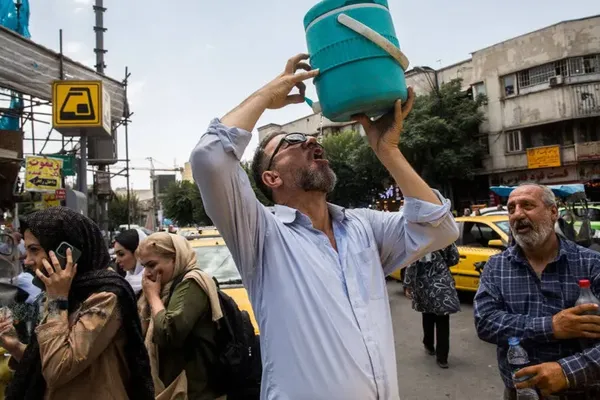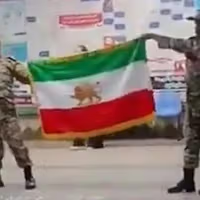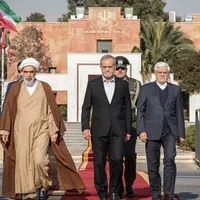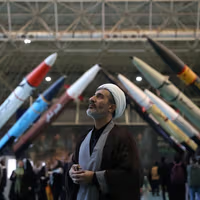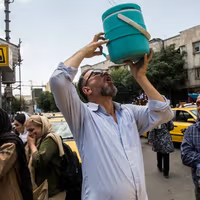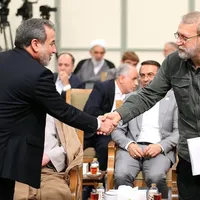Two maritime sources told the agency that the tanker then turned toward Iran's coast based on an initial view after small boats neared it off the UAE port of Khor Fakkan, and they said units linked to the Revolutionary Guards were involved.
Columbia Shipmanagement, which operates the ship called Talara, said it lost contact with the vessel as it sailed from Sharjah to Singapore with a load of high sulphur gasoil.
The ship is owned by Cyprus-based Pasha Finance.
Vanguard Tech said in a note that the Islamic Revolutionary Guard Corps Navy intercepted the ship about 20 nautical miles east of Khor Fakkan and forced it to head toward Iran waters.
Ambrey said the tanker was about 22 nautical miles east of Khor Fakkan when three small boats came near as it moved south through the Strait of Hormuz before it veered off its course in the Gulf of Oman. The firm called the event “likely highly targeted.”
Broader tensions over past seizures
Iran has continued to pursue legal action related to earlier maritime incidents. In late October, judiciary spokesman Asghar Jahangir said prosecutors had issued an indictment in the case of a container ship seized by the Revolutionary Guards last year in the Strait of Hormuz.
The ship’s Israeli-born owner, he said, was charged with financing terrorism, alleging transfers worth about 1.07 million dollars. According to the judiciary, the money supported Israeli military activities and the case was handled by Tehran’s international affairs prosecution office “in line with international and domestic law.”
The vessel, the MSC Aries, was flying a Portuguese flag when it was intercepted in April 2024. Reuters reported at the time that it was operated by Swiss-based MSC and leased from Gortal Shipping, an affiliate of Israel’s Zodiac Maritime, partly owned by Israeli businessman Eyal Ofer.
Iran has stepped up maritime enforcement in recent months, especially in waters near the Strait of Hormuz and the Persian Gulf, where fuel smuggling remains a persistent issue due to price differences with neighboring countries.
The IRGC regularly announces such seizures as part of what it calls efforts to curb fuel trafficking in the region, a key route for global oil shipments. Iran has also seized tankers over maritime disputes or in response to international sanctions enforcement.

